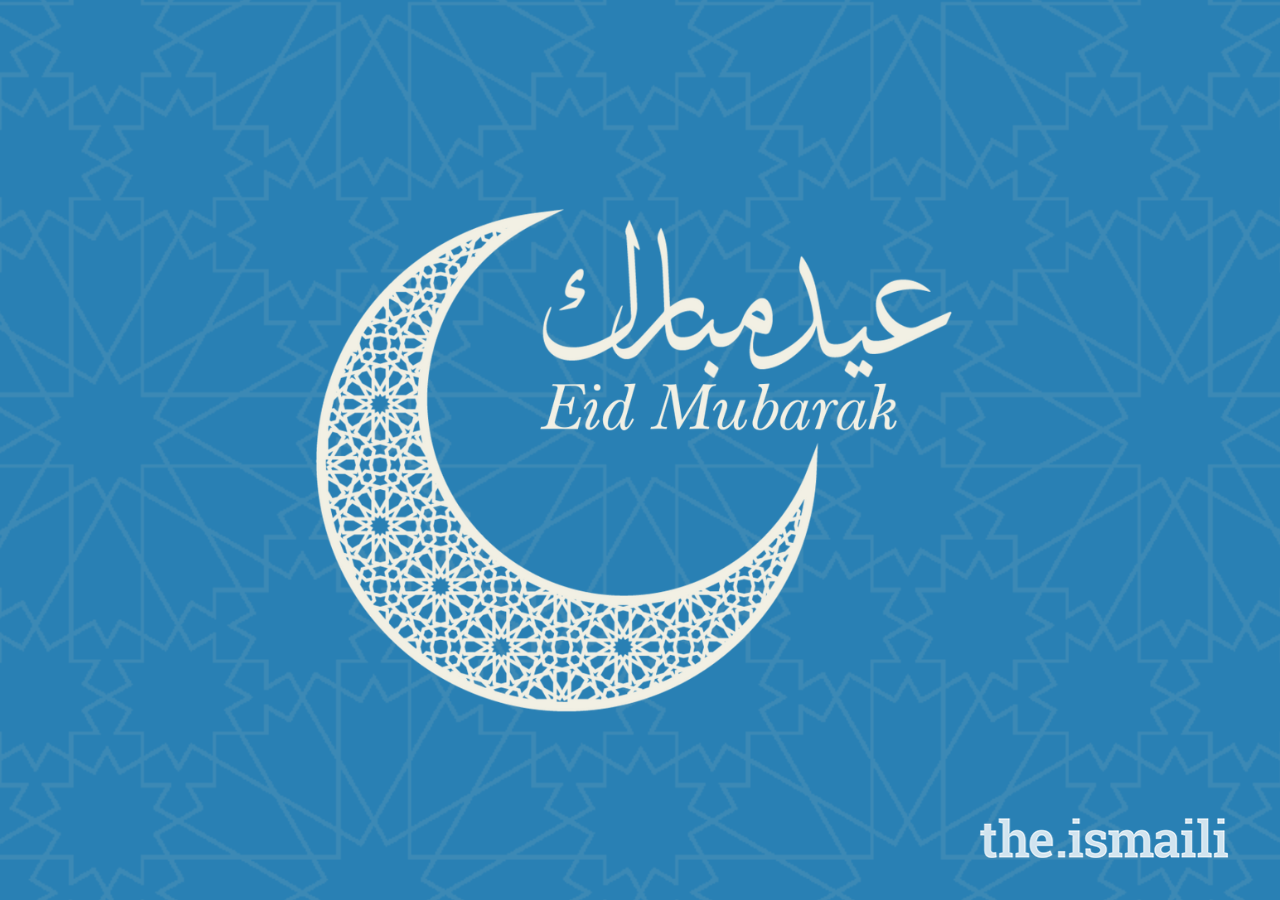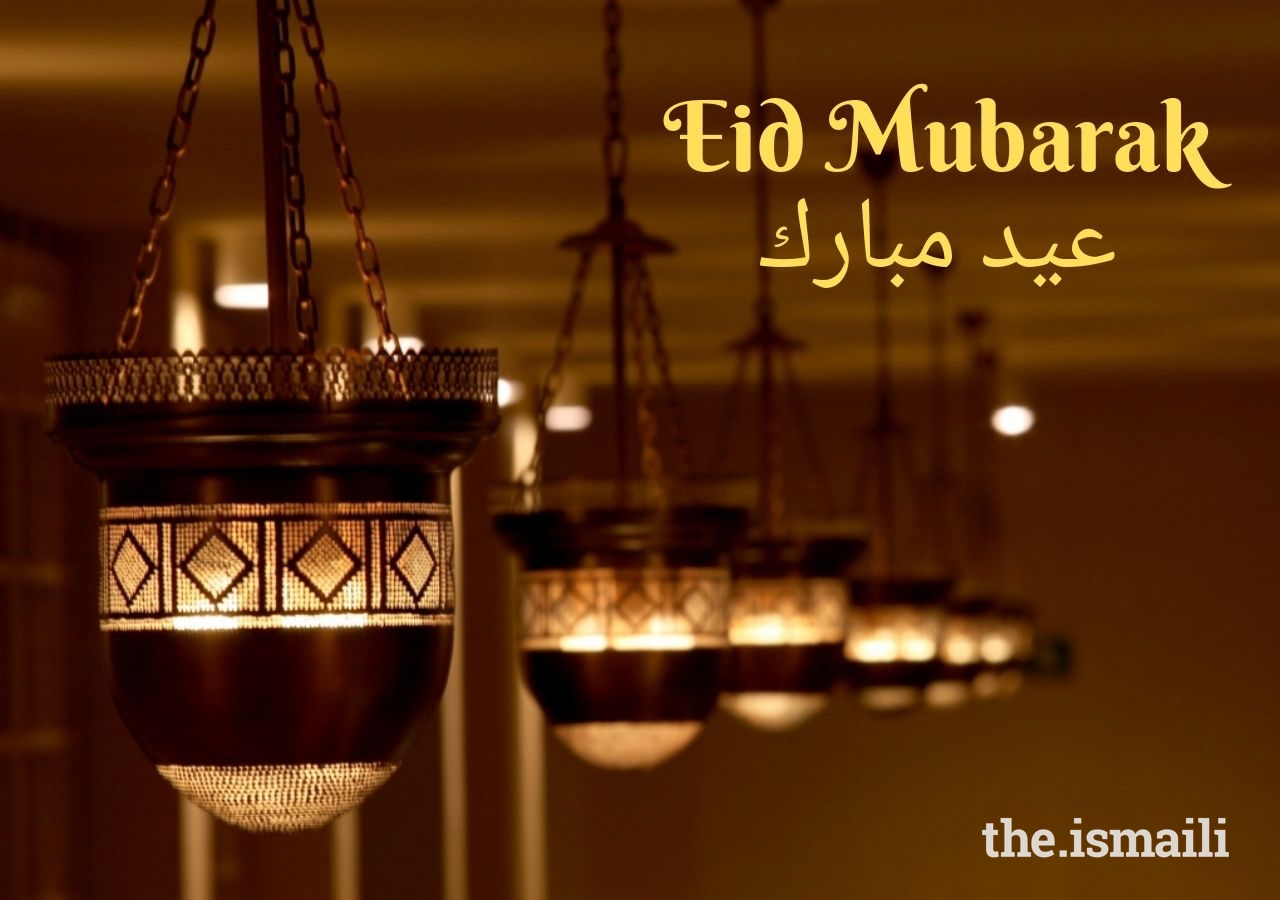It was, in Judeo-Christian-Muslim tradition, a test of the faith of Hazrat Ibrahim (peace be upon him) and his son when in a recurring dream, he was commanded by God to sacrifice his beloved son. However, at the ultimate moment of the sacrificial act, Allah spared the life of his son, who is believed by most Muslims to be Hazrat Ismail (peace be upon him). In Surah as-Saffat, Ayat 104 and 105 of the Qur’an, Allah says:
“We called out to him, ‘O Ibrahim, you have already fulfilled the vision’ - thus indeed we reward the righteous... indeed this was a manifest trial.”
On Eid al-Adha, we remember Hazrat Ibrahim’s sacrifice and unyielding devotion, and we also reflect upon the complete trust he had in his Creator. Indeed, complete trust in Allah is modeled through many examples of the Prophets.
The young Prophet Muhammed (peace be upon him and his family) who faced life as an orphan, and later, as the Prophet of Islam, was forced to migrate to safety due to constant threats to his life. Still, he was steadfast in his faith in Allah. Such complete reliance on Allah is called tawakkul, a concept we refer to in our prayers when we recite: tawwakaltu ‘alayka, which means: (O Allah) I rely upon you.
In the Qur’an, Allah reminds us time and again to put our complete trust in Him. In Surah al-Maida, Ayat 23, Allah says: “And put your complete trust [in Allah], if you are indeed believers.” However, this reliance does not imply that we should not apply our intellect and make efforts to overcome our difficulties. We must do our best, while trusting that the outcome will be what Allah deems to be most appropriate.
The trust that we have in Allah is reciprocal. In a Hadith al-Qudsi, narrated by Prophet Muhammad, Allah says:
“He who draws close to Me a hand’s span, I will draw close to him an arm’s length. And whoever draws near Me an arm’s length, I will draw near him a fathom’s length. And whoever comes to Me walking, I will go to him running.”
In Muslim belief, Prophet Muhammad was the last and final in the line of Allah's Messengers. According to Shia belief, tradition and interpretation of history, the authority for guidance devolved upon his cousin and son-in-law Hazrat Ali and vests thereafter in the Imams in the progeny of Prophet Muhammad through Hazrat Ali and Hazrat Bibi Fatima, the Prophet's daughter (peace be upon them and their family).
Eid al-Adha also celebrates the common humanity and ethical heritage shared by the Ahl al-Kitab – the People of the Book. At a speech made in Houston, USA in June 2002, Mawlana Hazar Imam said:
“The shared destiny of the ethos of the Abrahamic tradition that unites Christians, Jews and Muslims is governed by the duty of loving care to help nurture each life that is born to its God-given potential.”
Today, each time we greet one another with “Eid Mubarak,” let us remember the important message of trust in Allah. Let us continue to strengthen that bond through devotion to our Imam-of-the-Time.
The Ismaili wishes you a joyous and heartfelt Eid Mubarak!









